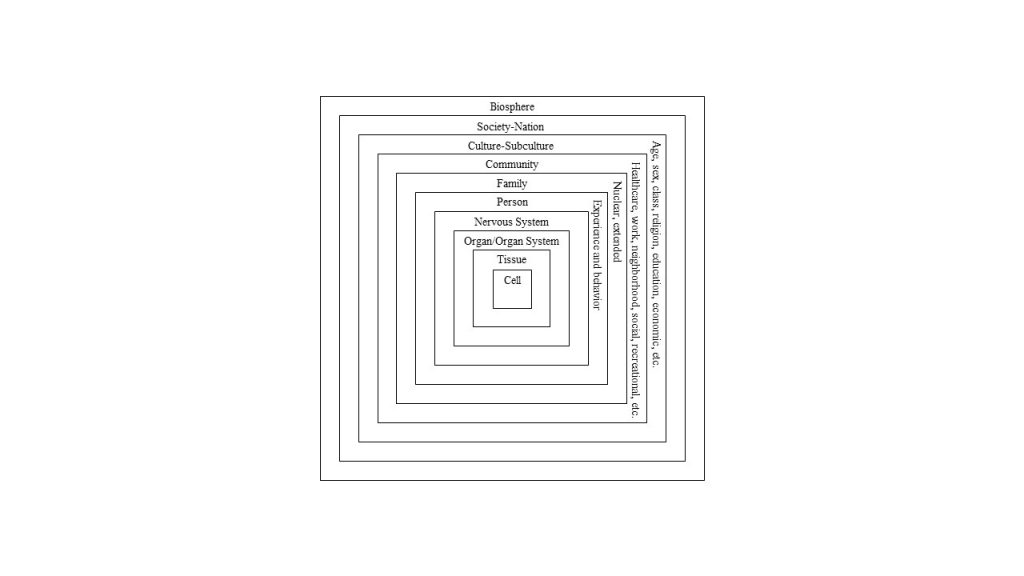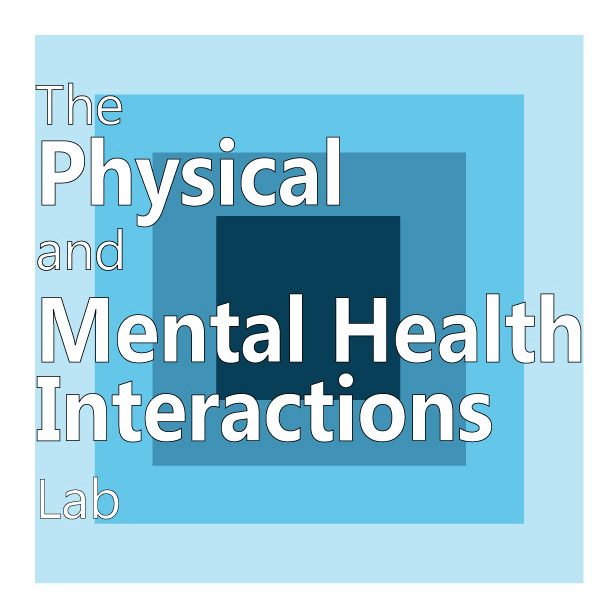Physical and Mental Health Interactions Lab

“The boundaries between health and disease, between sick and well, are far from clear and never will be clear, for they are diffused by cultural, social, and psychological considerations”. – George Engel
The USU Physical and Mental Health Interactions (PMHI) Lab conducts research on persistent somatic symptoms, such as chronic pain. We use a biopsychosocial model as an overarching framework when exploring the relationship between body and mind. The biopsychosocial model, proposed by George Engel in 1977, posits that our medical condition considers biological, psychological, and social factors. In Western societies, the separation between these factors has always been promoted and practiced. The biomedical model has been used in medicine while the psychosocial model has been used in psychology and other complementary health services. This separation between medicine and psychology is becoming increasingly unhelpful, particularly in the context of distressing persistent somatic symptoms. As Engel proposed, health conditions have to be understood as complex phenomena involving an interaction of multiple factors. Conditions do not just happen in the “mind” or in the “rest of the body”. The functioning of the human body has to be understood as a complex interaction of multiple systems within the body. Interestingly, outside of the West, numerous cultures have developed and adopted a holistic understanding of the human body and health. Indigenous cultures, such as the Māori in New Zealand, for example, have practiced a concept of health over thousands of years that includes cornerstones such as mental health, family, and spirituality in addition to physical health. There have been significant attempts in Western societies to replace body-mind dualism by multidimensional concepts of health, including the incredible work by George Engel in the 70s. However, research shows that our clinical care still adopts very simplistic, unidirectional ideas of health conditions as being consequences of biological causes. The mission of the PMHI Lab is to hold a biopsychosocial focus in our research on persistent somatic symptoms, including research of both pathomechanisms and interventions for these symptoms. Our mission aims to deepen the understanding of the multiple factors contributing to persistent somatic symptoms and to improve the clinical competence of healthcare providers and the clinical care that patients with persisting symptoms receive.

